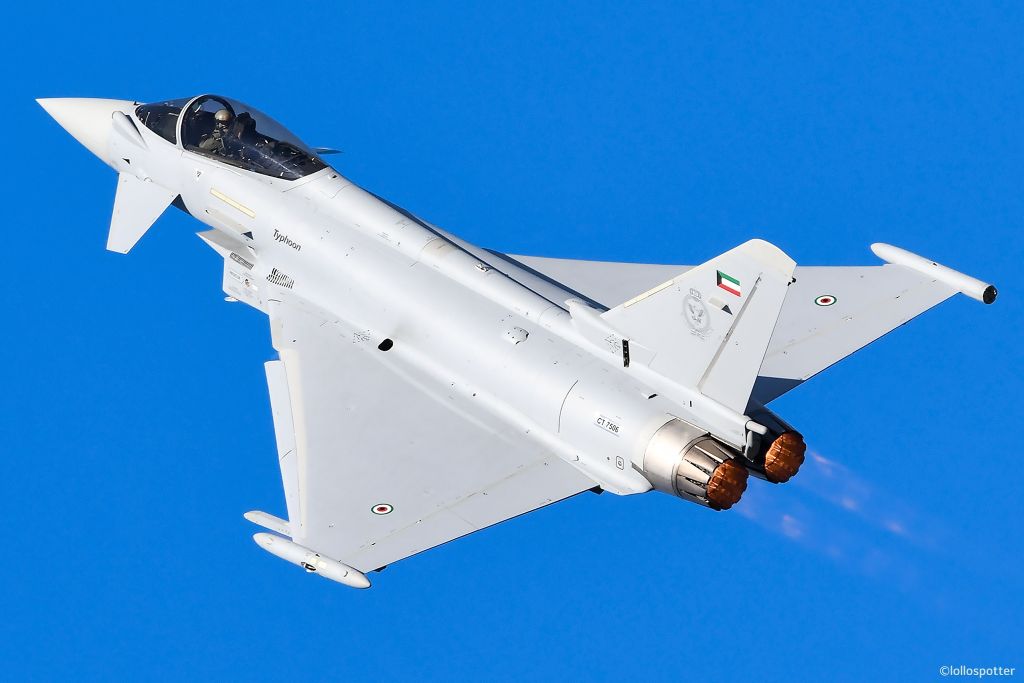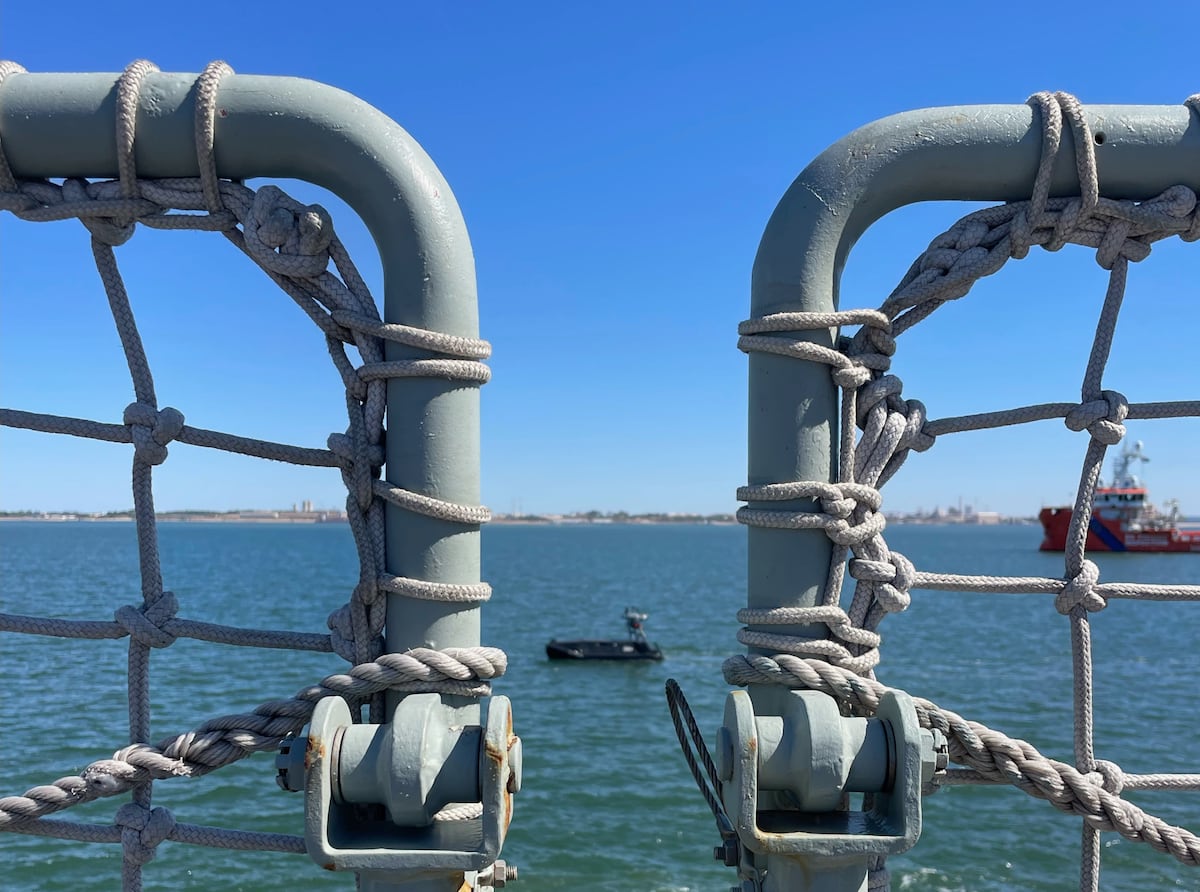The Unfolding Situation: Chinese Nationals Fighting Alongside Russia in Ukraine
In a dramatic turn of events in the ongoing conflict between Ukraine and Russia, Ukrainian President Volodymyr Zelensky has made a striking assertion regarding the involvement of Chinese nationals on the frontline. During a meeting with military leaders from allied countries in Brussels, Zelensky revealed that “at least several hundred Chinese nationals are fighting as part of Russia’s occupation forces.” This statement raises significant implications for international relations and the dynamics of the war, as it suggests an evolving complexity in the allegiances and actions within the conflict.
Accusations of Russian Manipulation
Zelensky’s comments were not made lightly; he accused Moscow of intentionally dragging Beijing into the war to prolong the conflict. By recruiting Chinese nationals to fight alongside its troops, Russia could be viewed as intensifying the geopolitical stakes, potentially complicating the international community’s response. "This means Russia is clearly trying to prolong the war — even by using Chinese lives,” he stated, pointing to the moral and ethical dimensions of this development.
The involvement of foreign nationals in the conflict speaks to a broader narrative of international alliances and contested sovereignty, raising questions about the motivations behind such participation. Kyiv’s military operations have led to the capture of two Chinese nationals in the eastern Donetsk region, with Zelensky charging that this undermines China’s neutrality and complicity in Russia’s military objectives.
Reactions from Moscow and Beijing
In response to these accusations, the Kremlin has outright denied any claims suggesting that they are utilizing Chinese nationals in their military efforts in Ukraine. This denial highlights a tense interplay of information and propaganda, with both sides aiming to shape public perception. Meanwhile, China’s response was characterized by caution; Beijing warned parties involved in the conflict against making “irresponsible remarks,” hinting at the delicate nature of their position amidst rising geopolitical tensions.
This back-and-forth exchange underlines the risks of entering a multifaceted war where multiple nations may inadvertently find themselves involved, leading to potential for broader conflict. China traditionally maintains a stance of neutrality, but the implications of its nationals allegedly fighting for Russia could strain its international relationships, particularly with the West.
Ukraine’s Continued Call for Military Support
Amidst these developments, Zelensky has continued to advocate urgently for enhanced military support for Ukraine, particularly in the form of air defense systems. Speaking from his hometown of Kryvyi Rig, where a recent Russian missile strike tragically resulted in civilian casualties, he emphasized the dire need for effective defense mechanisms. “You know that Ukraine has a shortage of air defense systems. You know that Patriot systems can effectively protect against ballistic threats,” he implored, referencing the widely recognized effectiveness of such systems.
Zelensky’s appeal for ten Patriot systems underscores a critical aspect of Ukraine’s defense strategy, reflecting the increasing pressures faced by its armed forces as they contend with advanced missile technology and aerial assaults. By fortifying their air defense, Ukraine hopes to protect not only its military assets but also its civilian population from further aggression.
Ceasefire Efforts and Future Security
In addition to military hardware, Zelensky’s address touched on the complexities of negotiations and potential pathways for peace. Notably, he criticized Russia’s refusal to engage in a complete ceasefire proposed by the United States, an effort that garnered Ukrainian approval just a month earlier. This ongoing resistance creates a chilling backdrop for any discussions on de-escalation, exemplifying how deeply entrenched the conflict has become.
Zelensky further urged allies to prioritize the establishment of a security contingent that would function as a deterrent to future Russian hostilities. He made it clear that this initiative requires careful consideration of numerous logistics, including size, structure, and sustainability, emphasizing that a well-defined support framework is essential for Ukraine’s long-term security.
The Broader Geopolitical Implications
The current state of the conflict reveals a complex tapestry of alliances and the precarious balance of power in Eastern Europe. The involvement of foreign nationals, whether Chinese or others, complicates the narrative and raises the stakes for both Russia and Ukraine, as well as their respective allies. As the situation evolves, the international community watches closely, aware that each development could significantly alter the trajectory of the war and reshape global diplomatic relations.
Zelensky’s calls for support resonate not just within Ukraine but extend to a wider audience, entreating nations around the world to reconsider their positions and strategies in response to a conflict that increasingly looks like a battleground for larger geopolitical rivalries. As the conflict deepens, the ramifications of each action taken by all parties involved will undoubtedly echo through global politics for years to come.





